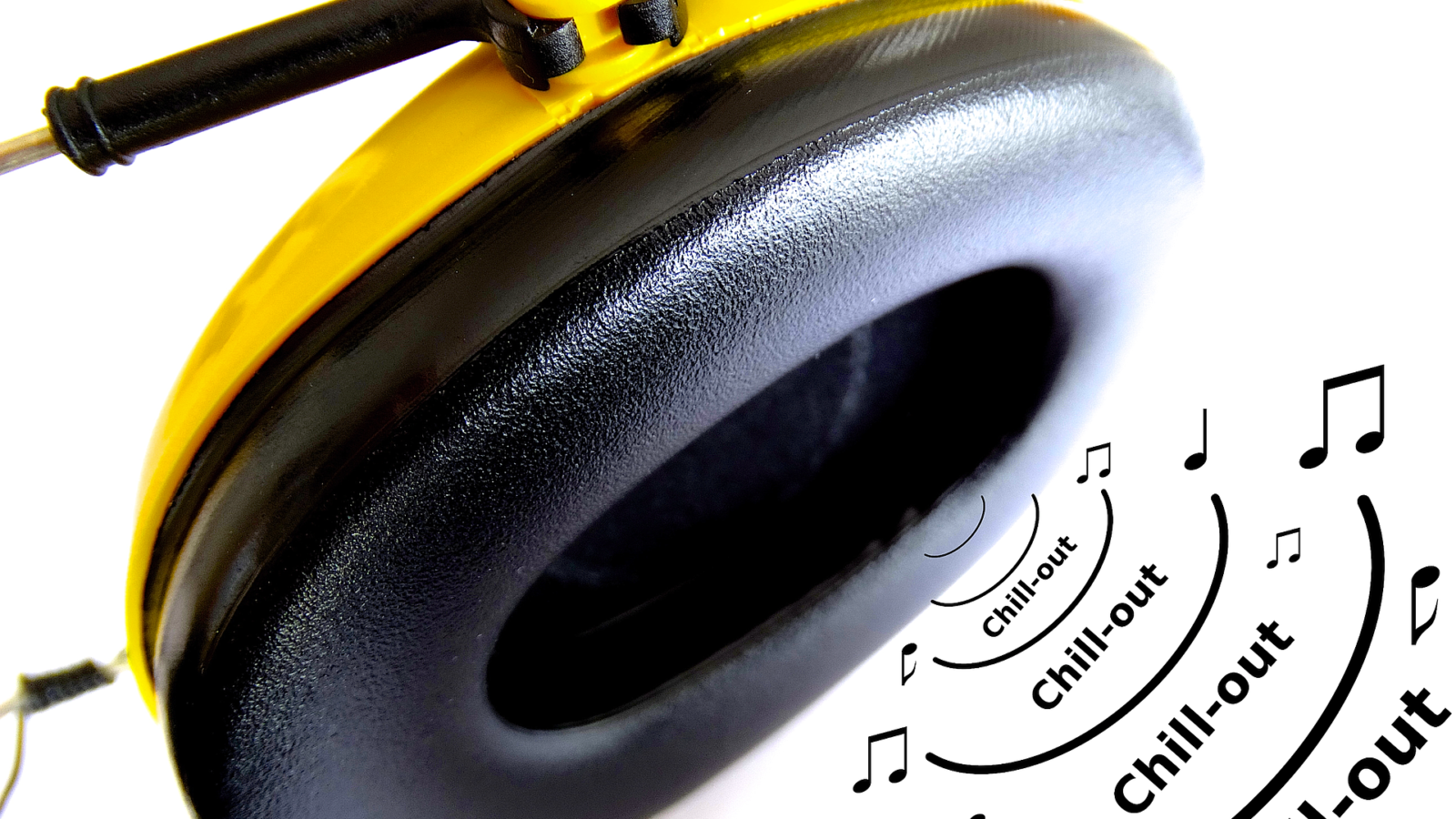Listening to music can be amusing, and some researchers advise that it might even make you healthier. Music is a source of pleasure and contentment, but there are many other psychological benefits. It can relax the mind, energize the body, and even help people better their manage pains.
The perception that music can influence your thoughts, feelings, and behaviors probably do not come as a good deal of surprise. If you have ever felt pushed up while listening to your preferred fast-paced rock anthem or been moved to tears by an affectionate live performance, then you quickly realize the power of music to blow moods and even inspire action. Some research even suggests your taste in music can provides insight into various aspects of your personality. Frankie Silver highlights some significant psychological benefits of music for our better understanding.
1. Music Can Improve Cognitive Performance
Studies suggest that background music or music played while the listener is chiefly focused on another activity can improve older adults’ cognitive tasks. One research stated that playing more lively music led to the development of processing speed, while cheerful and modest music led to improvements in memory. Consider choosing influential tracks rather than those with complex lyrics, which might end up being more off-putting.
2. Music Can Reduce Stress
It is a proven fact, music can help reduce or deal with stress. Consider the tendency centered on thoughtful music created to alleviate the mind and stir up relaxation. Opportunely, this is one trend supported by research. Listening to music can be an efficient way to cope with stress. The results recommended that listening to music influences the human stress response, predominantly the autonomic nervous system. The ones who listen to music tend to recover more quickly following a stressor.
3. Music Can Help You Eat Less
One of the most astonishing psychological benefits of music is that it might be a supportive weight-loss tool. If you are trying to lose weight, listen to mellow music and dim the lights might help you achieve your goal.
As per one study, people who ate at low-light restaurants where soft music played ate 18% lesser food than those who ate in other restaurants. The researchers propose that music and lights help create a more comfortable environment.
4. Music Can Improve Your Memory
Many students enjoy listening to music while studying. Some folks feel like listening to their favorite music as they study improves memory, while others assert that it merely serves as a pleasurable disturbance.
Nevertheless, musically educated students tended to perform better on learning tests when they listened to neutral music, possibly because this type of music was less disturbing and easier to pay no attention to. If you are likely to be distracted by music, you may be better off learning in stillness or with neutral tracks played in the background.
5. Music Can Help Manage Pain
Analysis has shown that music can be extremely helpful in managing pain. One study of fibromyalgia patients found that individuals who listened to music for just one hour a day experienced a considerable reduction in pain than those in a managed group.
At the end of the four-week study episode, contestants who had listened to music each day experienced noteworthy reductions in feelings of pain and despair. Such results suggest that music therapy could be an imperative tool in the treatment of unceasing pain.
6. Music May Help You Sleep Better
Insomnia is a severe problem that distress people of all age factions. While there are numerous approaches to treating this dilemma, research has confirmed that listening to relaxing traditional music can be a secure, helpful, and inexpensive remedy.
The participants who had listened to music had drastically better sleeping quality than those who had listened to the audiobook or received no intercession.
7. Music Can Improve Motivation
A good reason is that you find it easier to work out while you listen to music. Researchers discovered that listening to fast-paced music encourages people to work out harder.
Speeding up the tracks resulted in improved routines in terms of distance covered, pedaling velocity, and power exerted. On the contrary, slowing down the music’s beat led to a decrease in all of these variables.
So if you are trying to stick to an exercise routine, consider loading up a playlist filled with fast-paced tunes that will help enhance your enthusiasm.
Conclusion:
Music can motivate and amuse, but it also has significant psychosomatic effects that can perk your health and well-being. Instead of taking music as pure entertainment, think about some of the significant psychological benefits of incorporating music into your daily life. You might feel more motivated, contented, and stress-free consequently.


